Nina Katerli is a famous St. Petersburg writer and human rights activist. She is eighty-eight years old and the mother of Elena Efros, a human rights activist and the creator of the project Tales for Political Prisoners, through which volunteers write letters to people in jail. And Elena Efros is the mother of Zhenya Berkovich, a theatre director and poet. In 2021, Berkovich and her theatre company, Daughters of SOSO, staged the play Finist Yasniy Sokol (Finist the Brave Falcon); and in May of this year law enforcement conducted a search of her grandmother’s and mother’s home and then arrested Berkovich and the play’s author, Svetlana Petriychuk, on suspicion of “justifying terrorism.” By the time this text is published, Berkovich and Petriychuk will have been in pre-trial detention for a month and a half.
Finist the Brave Falcon is a distinctly feminist documentary play that tells the story of how ISIS fighters recruit women from regions of Russia via social media, promising them love and care. These women marry these fighters online, and then the fighters fly to them to Syria where the women find themselves in patriarchal hell. They live without internet or any communication with their families, under daily threat of beatings, forced to do their husbands’ laundry and cook and watch the war right in front of them.
Aiding and abetting terrorism, according to Russian courts, refers to the fact that the deceived women, once enslaved, cooked, washed, and bore children.
Svetlana Petriychuk wrote this play based on records of actual interrogations of such women by Russian law enforcement officials and their publicly available court records. As of 2018, about seven thousand women from Russia had left to join ISIS fighters in Syria. Many of them were then left as widows with up to five children in their arms, and they cannot return to Russia. Those who were able to return after paying about $2,000 to an intermediary in Russia are being tried for participation in an illegal terrorist formation and “aiding and abetting terrorism.” There are hundreds of such criminal cases. Aiding and abetting terrorism, according to Russian courts, refers to the fact that the deceived women, once enslaved, cooked, washed, and bore children.
The play is named after the folkloric Russian fairytale about Finist, a ploughman who defends his native land from enemy invaders and a sorcerer. As an independent play, it was performed on small stages using an ascetic documentary theatre aesthetic. Petriychuk’s play has strong folkloric motifs; the territory of Syria under the control of ISIS in the play is called “tricity state,” which is what the distant overseas land is called in Russian fairytales. Through an appeal to the fairytale on the level of text, metaphors, and visual elements, the author reveals an ancient myth—only it is not a myth of a heroic bogatyr, but a myth in which women have been oppressed for all time. It shows how ancient the roots of patriarchy are and how deeply it has grown into the social fabric.

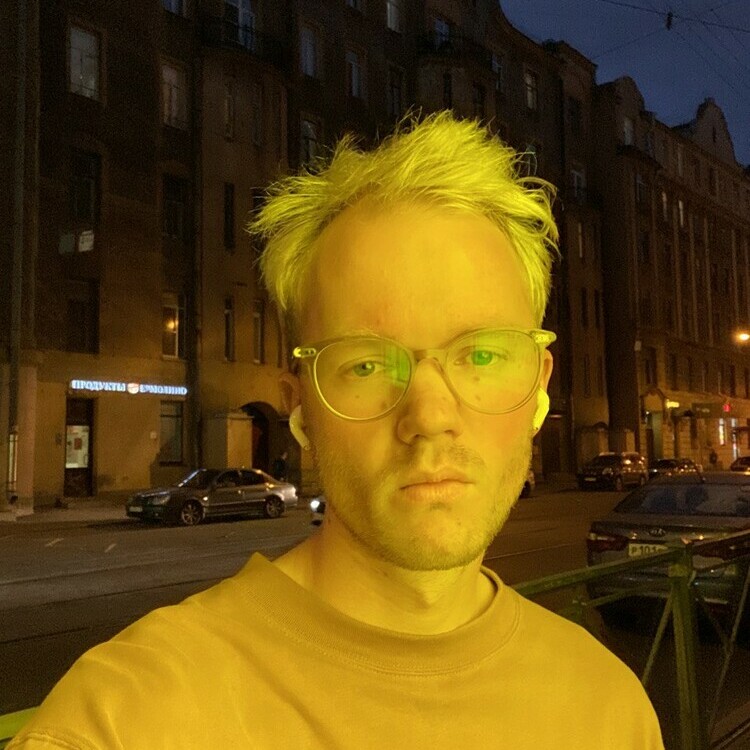
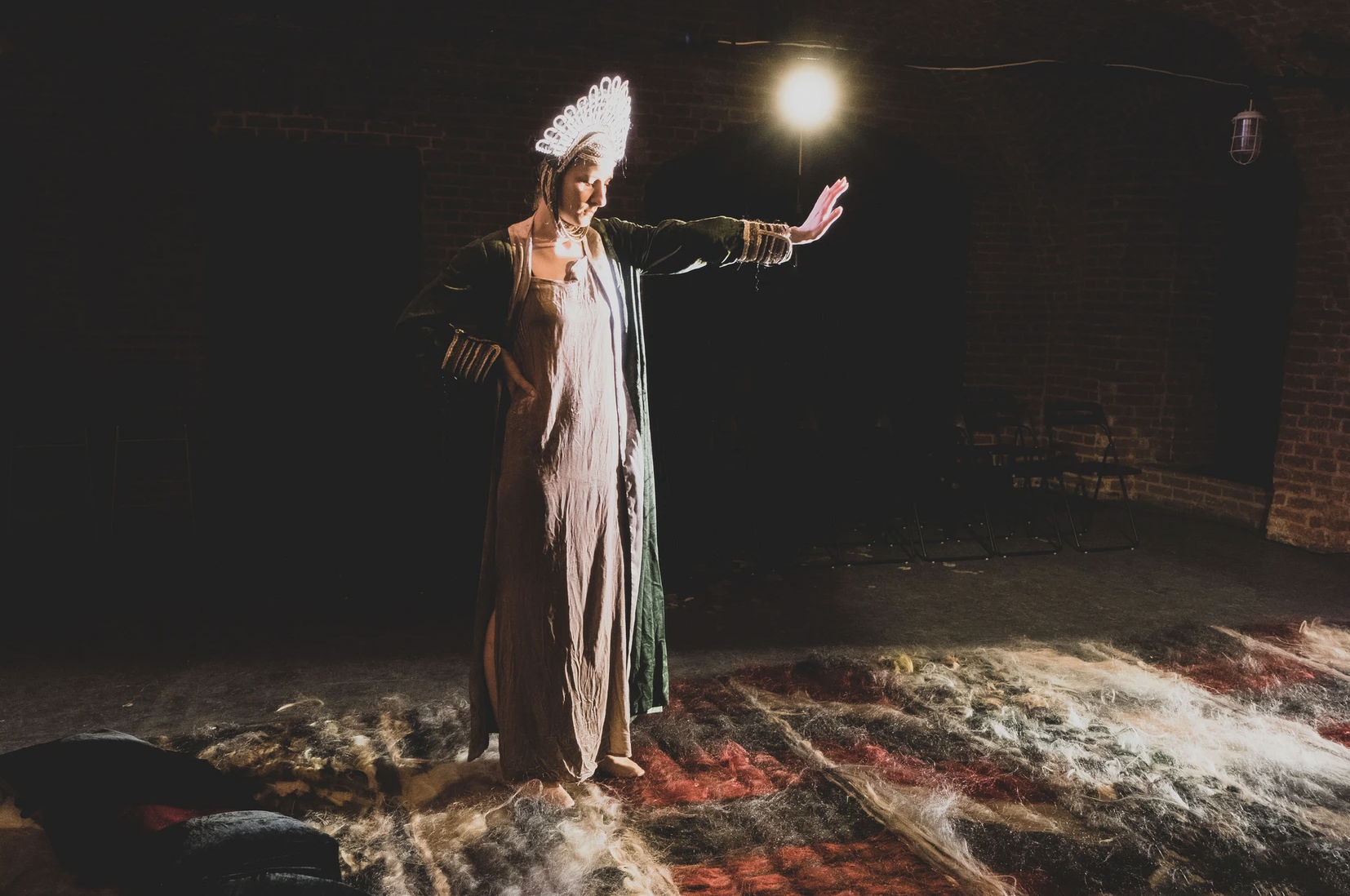
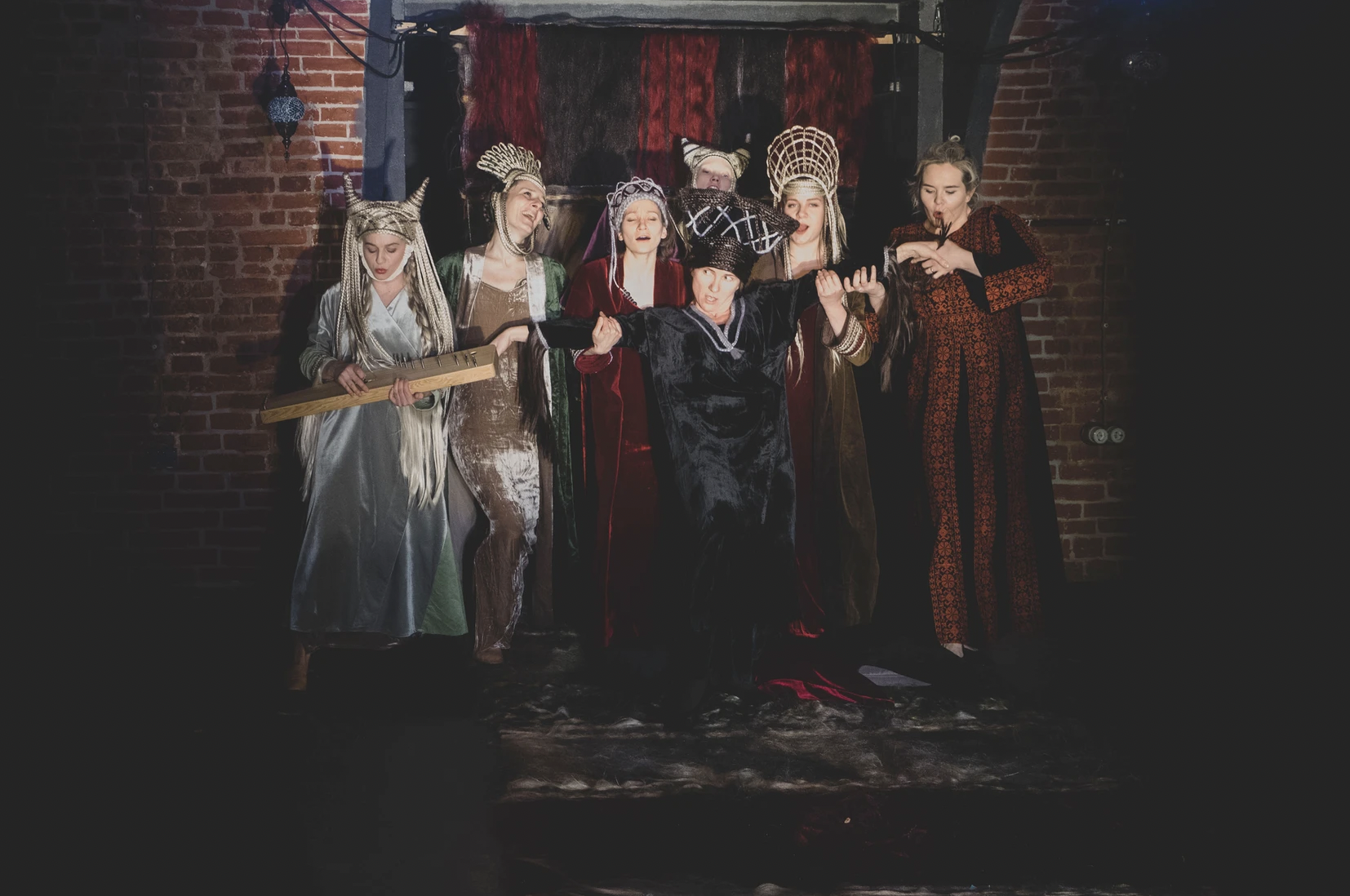
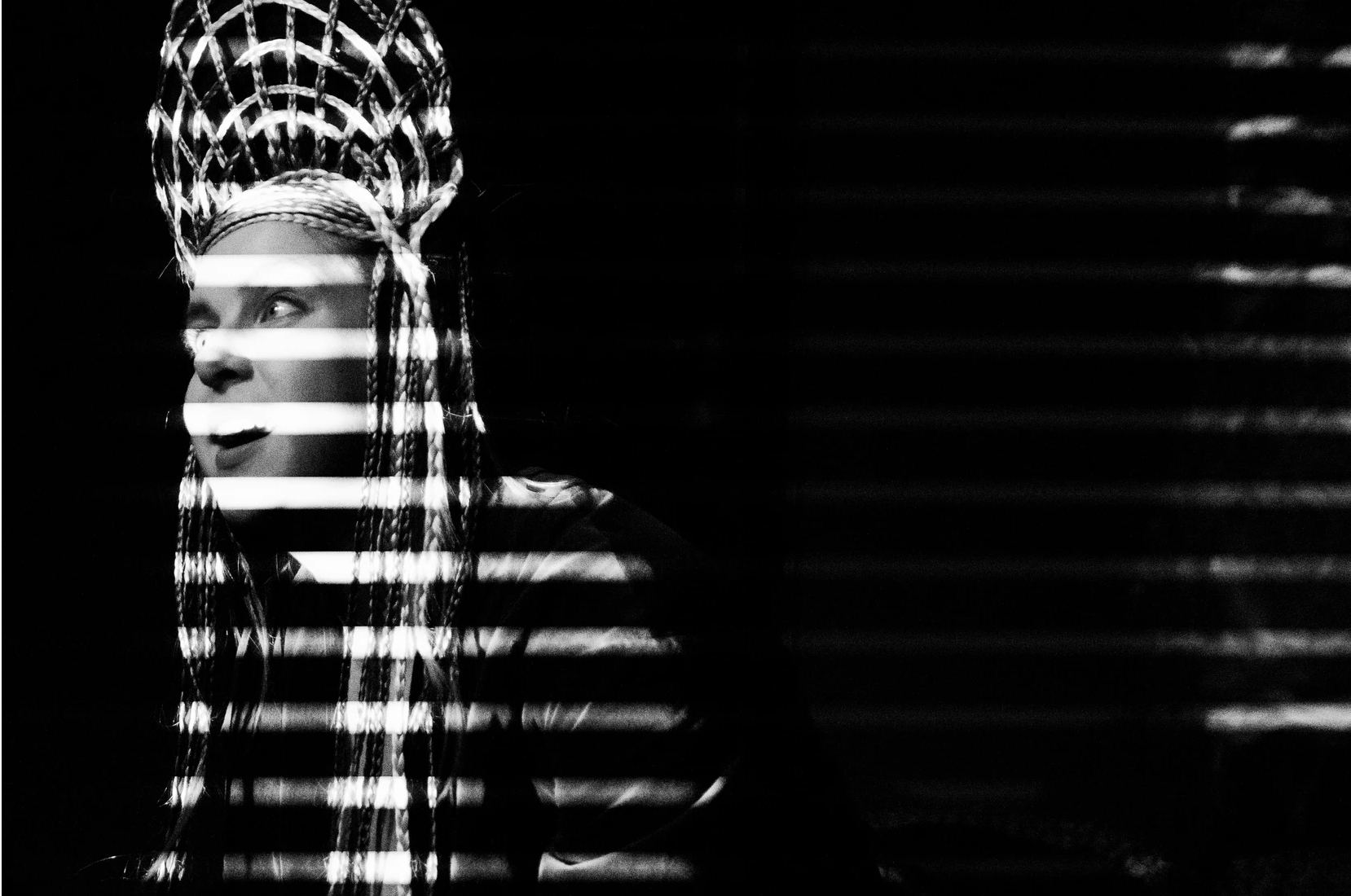
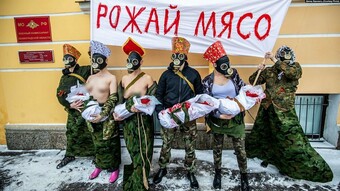

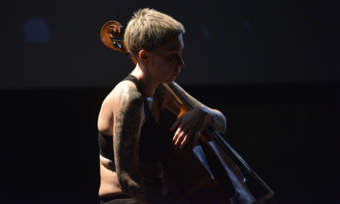




Comments
The article is just the start of the conversation—we want to know what you think about this subject, too! HowlRound is a space for knowledge-sharing, and we welcome spirited, thoughtful, and on-topic dialogue. Find our full comments policy here
Petriychuk and Berkovich are brave warriors! They remind me of Russian patriot and poet Anna Akhmatova.